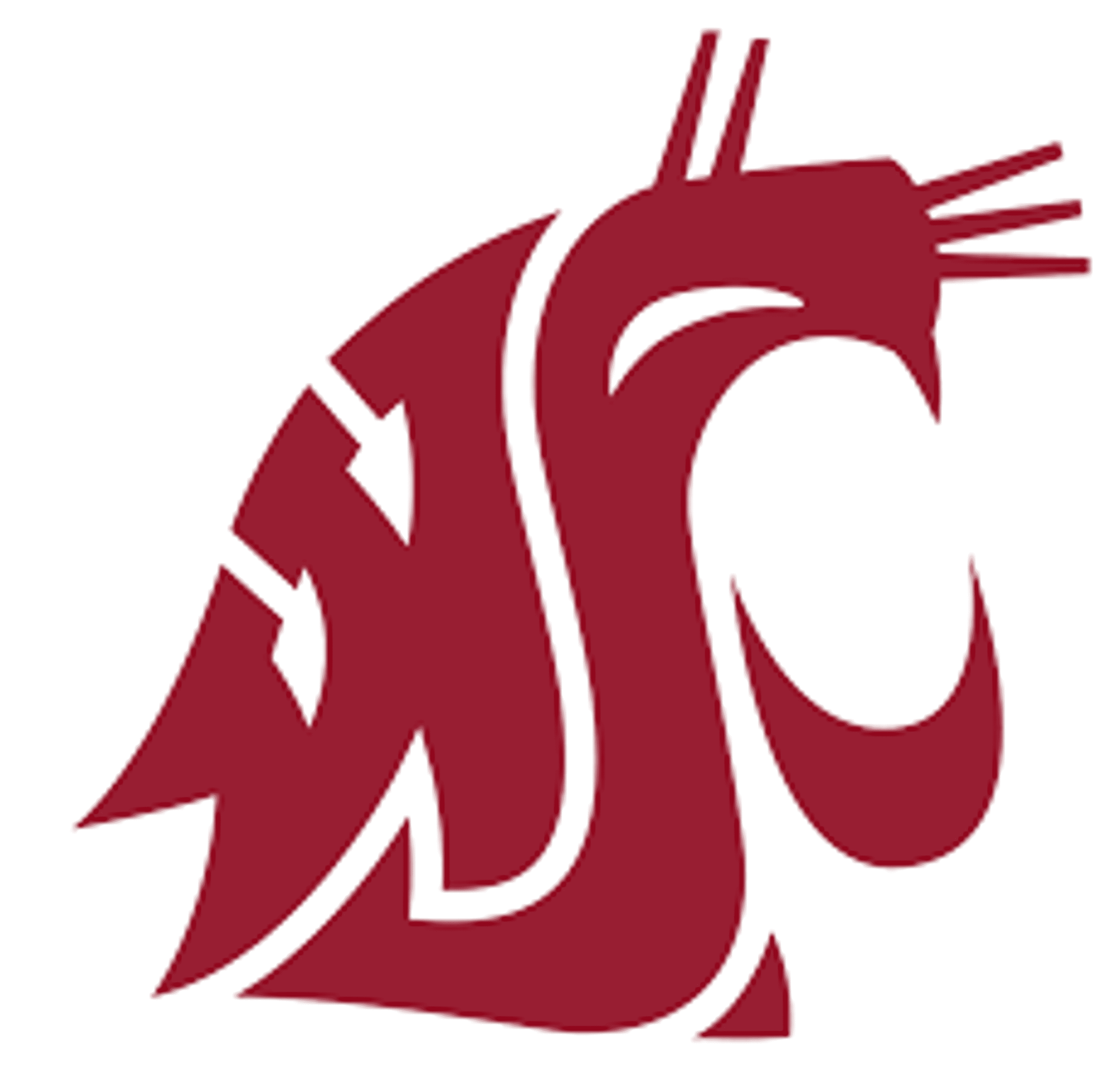During the lockdown weeks of the COVID-19 pandemic in 2020, accessing electronic books (e-books) remotely through public libraries allowed many people to continue accessing library materials when physical access was limited or restricted. Electronic access to resources like e-books and audiobooks provided highly valued access to information, helped maintain a familiar connection to pleasure reading and learning during an uncertain time, and provided many with a much-needed boost to their social and mental health. Online access to resources has continued to be important to library patrons who may still feel uncomfortable visiting public spaces in person.
Access to digital materials is increasingly important to students and faculty, both on and off college and university campuses. Keeping this in mind, at the University of Idaho Library we are always looking for ways to better serve the information needs of our students, faculty, and staff and providing access to e-books has become one of the ways that we are able to help make college more affordable for students and provide convenient access to materials for on-campus and off-campus students and faculty. Our library staff work with our e-book vendors and suppliers to purchase licenses to electronic textbooks and other required books. Like print materials, electronic book licenses allow users to access materials needed for their coursework and research without the added burden of having to purchase those materials on their own. Electronic books also allow students and faculty outside of Moscow to access materials remotely.
While e-book titles in our collection serve an important need for the UI community, they do come with restrictions on use and loaning. Licensing agreements prohibit libraries from loaning e-book titles to other libraries or users not affiliated with University of Idaho. And, like e-books and audiobooks accessed through your public library, e-books accessed through academic libraries are generally required to limit the number of people that can use the title at the same time.
Publishers set the pricing of e-books, like they do with print books. Electronic book publishers can also occasionally remove access to a collection of titles for a variety of reasons, although it’s generally done with advance notice to the library so that librarians can try to identify a different means of access. In rare cases, a publisher may withdraw access to an e-book collection without notice, as was recently done by a well-known e-book textbook publisher, which restricted access to more than 1,300 titles from academic library collections across the country just prior to the start of the fall semester. However, because of concerns raised by academic librarians, the titles were reinstated for the remainder of the academic year.
Though they come with some limitations, e-books provide a valuable way for students and faculty to access resources from the University of Idaho Library.
Thompson-Franklin is the electronic resources librarian at the University of Idaho Library.








